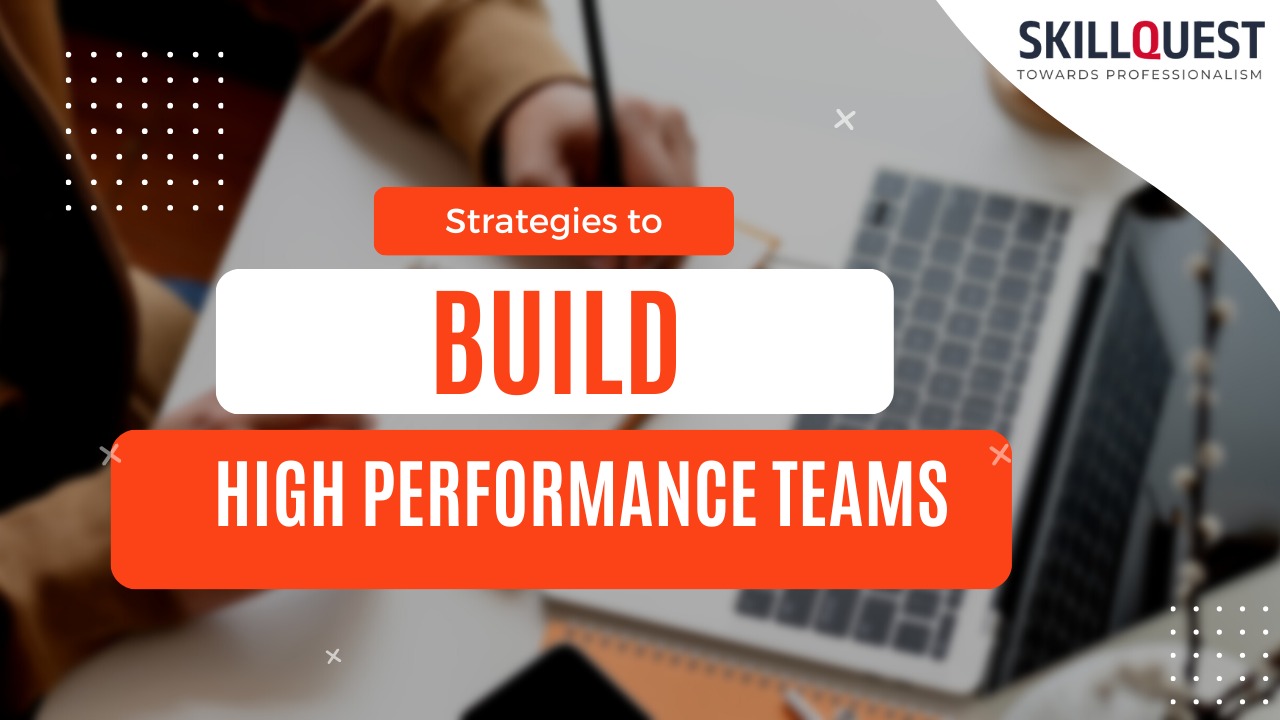Understanding the Foundation: Team-Building Techniques
1. Define Clear Goals and Objectives:
Effective team-building starts with a clear understanding of organizational goals. Set specific, measurable, achievable, relevant, and time-bound (SMART) objectives. This provides a roadmap for the team and aligns individual efforts with the overall mission.
2. Foster Open Communication:
Encourage transparent communication within the team. Establish open channels for feedback, suggestions, and concerns. A culture of open communication builds trust, which is crucial for high-performance teams.
3. Diversity and Inclusion:
Embrace diversity in your team. Diverse teams bring varied perspectives and ideas, fostering creativity and innovation. Ensure an inclusive environment where every team member feels valued and heard.
4. Team-Building Activities:
Invest in team-building activities that promote collaboration and camaraderie. Whether it’s a workshop, offsite retreat, or a simple team lunch, such activities strengthen bonds and create a positive team culture.
Leadership Strategies for High-Performance
1. Lead by Example:
Effective leaders set the standard for performance. Demonstrate the values and work ethic you expect from your team. This not only inspires but also establishes a culture of accountability.
2. Empower and Trust Your Team:
Empower your team members by trusting them with responsibilities. Provide autonomy and let them take ownership of their work. This fosters a sense of accountability and boosts confidence.
3. Encourage Collaboration:
Break down silos and encourage cross-functional collaboration. High-performance teams thrive on collective intelligence, where diverse skills and perspectives come together to solve complex problems.
4. Continuous Learning and Development:
Invest in the professional development of your team. Provide opportunities for training and upskilling. A culture of continuous learning ensures that the team stays ahead of industry trends and remains adaptable.
Coaching Approaches for Sustained Success
1. Individualized Coaching:
Recognize that each team member has unique strengths and areas for improvement. Tailor coaching approaches to individual needs, fostering personal and professional growth.
2. Regular Feedback:
Provide constructive feedback regularly. Celebrate successes and address challenges promptly. Feedback should be specific, actionable, and focused on continuous improvement.
3. Conflict Resolution Skills:
Equip leaders and team members with effective conflict resolution skills. Addressing conflicts promptly and constructively prevents issues from escalating and disrupting team dynamics.
4. Promote a Growth Mindset:
Foster a culture of continuous improvement and a growth mindset. Encourage team members to embrace challenges, learn from failures, and see effort as a path to mastery.
Overall, building high-performance teams requires a holistic approach that combines effective team-building techniques, strong leadership strategies, and thoughtful coaching approaches. By focusing on clear communication, embracing diversity, empowering team members, and fostering a culture of continuous learning, organizations can unlock the full potential of their teams. Invest in these practices, and you’ll find that building high-performance teams is not just a goal—it’s the cornerstone of organizational success.

